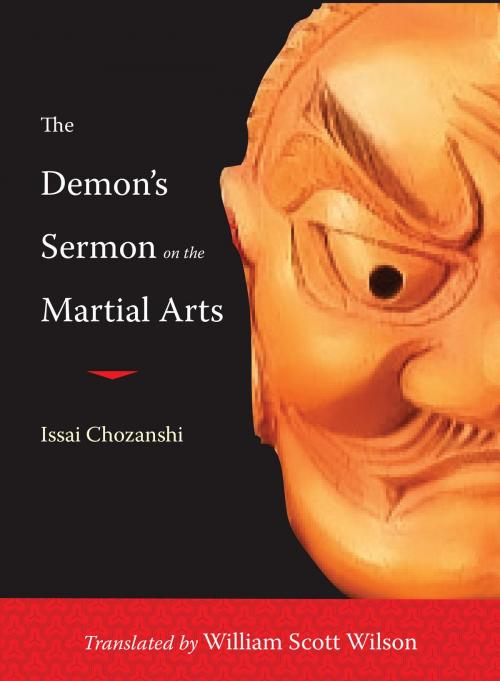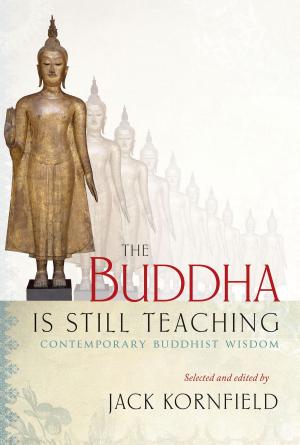The Demon's Sermon on the Martial Arts
And Other Tales
Nonfiction, Religion & Spirituality, Philosophy, Eastern| Author: | Issai Chozanshi | ISBN: | 9780834841963 |
| Publisher: | Shambhala | Publication: | November 13, 2012 |
| Imprint: | Shambhala | Language: | English |
| Author: | Issai Chozanshi |
| ISBN: | 9780834841963 |
| Publisher: | Shambhala |
| Publication: | November 13, 2012 |
| Imprint: | Shambhala |
| Language: | English |
This collection of parables written by an eighteenth-century samurai is a classic of martial arts literature. The tales are concerned with themes such as perception of conflict, self-transformation, the cultivation of chi (life energy), and understanding yin and yang. Some of the parables seem light and fanciful, but they offer the reader valuable lessons on the fundamental principles of the martial arts; “The Mysterious Technique of the Cat” is iconic.
The “demon” in the title story refers to the mythical tengu, who guard the secrets of swordsmanship. A swordsman travels to Mt. Kurama, famous for being inhabited by tengu, and in a series of conversations he learns about mushin (no-mind), strategy, the transformation of chi, and how the path of the sword leads to the understanding of life itself.
The author, Issai Chozanshi, had a deep understanding of Taoism, Buddhism, Confucianism, and Shinto, as well as insight into the central role of chi in the universe—points that are succinctly explained in William Scott Wilson’s fine introduction and extensive endnotes. This is essential reading for anyone who wants to truly understand the philosophical underpinnings of martial arts, and how these principles relate to our existence.
This collection of parables written by an eighteenth-century samurai is a classic of martial arts literature. The tales are concerned with themes such as perception of conflict, self-transformation, the cultivation of chi (life energy), and understanding yin and yang. Some of the parables seem light and fanciful, but they offer the reader valuable lessons on the fundamental principles of the martial arts; “The Mysterious Technique of the Cat” is iconic.
The “demon” in the title story refers to the mythical tengu, who guard the secrets of swordsmanship. A swordsman travels to Mt. Kurama, famous for being inhabited by tengu, and in a series of conversations he learns about mushin (no-mind), strategy, the transformation of chi, and how the path of the sword leads to the understanding of life itself.
The author, Issai Chozanshi, had a deep understanding of Taoism, Buddhism, Confucianism, and Shinto, as well as insight into the central role of chi in the universe—points that are succinctly explained in William Scott Wilson’s fine introduction and extensive endnotes. This is essential reading for anyone who wants to truly understand the philosophical underpinnings of martial arts, and how these principles relate to our existence.















